Bilal Bashir Bhat
Srinagar, Feb 08 (KNB): The debate over the topics like freedom of women and gender justice becomes inevitable every year on the eve of International Women’s Day observed on 8th March, the trend of organizing seminars, symposiums, debates etc on this particular day is not limited in certain countries but is also observed with enthusiasm in length and breadth of trouble-torn Kashmir Valley. With the talent of young girls in different fields hogging the limelight and headlines every other day and a lady itself heading the state one can easily consider the freedom of women in Kashmir, however, there are still some other stories behind the curtains of our sensitive society both on political and on social fronts as well. The major part of such stories is gender-based Stereotyping, for which time and again measures were and are been taken to combat, STEARS campaign led by young development practitioner Omar Hafiz in a unique style is on way to address this issue.
On the occasion of International Women’s Day, the Kashmir News Bureau (KNB) found suitable to bring the story of STEARS which has dominated a significant place on the internet over the years through its distinctive online campaign to address the grave issue of stereotyping.
Omar Hafiz, a young development practitioner from Anantnag district of south Kashmir started the STEARS campaign with the aim of creating a safe space where women and third gender individuals could express their challenges, concerns and frustrations.
Galvanized by his research on suicides in the Kashmir Valley, Omar Hafiz while talking to KNB, stated that the S in STEARS, stands for stereotypical, and it describes the tears of the people who are inflicted with the pain of being marginalized, discriminated and outcaste by the socially dominant and powerful members of society.
According to Omar, the STEARS campaign comprises of two phases, in the first stage or the questioning phase women and transgender individuals will ask questions or share their thoughts on stereotypes and generalizations plaguing their society. In the second stage, also known as the response stage, men will answer the questions posed. This entire campaign is aimed at creating a medium to discuss, openly and freely, the issues that concern our society. “The first phase saw over 300 volunteers from 55 countries participate. The initiative is intended to break the stereotypes, adding, almost everywhere girls and boys are brought up to look, act and behave in a certain way. For example, boys are inured with virile endurance to become the physical and financial backbone of the family, whereas girls are taught to protect themselves from the outside world and to sacrifice their jobs for motherhood.”
He said that women and third gender individuals were recruited to share their experiences of stereotypes and biases used against them via videos, photo stories and blogs. All of these were, in turn, shared on the initiative’s social media handle, @Letmeaskyou, on Facebook, Twitter and Instagram. Within the span of the first phase, there were over 4,500 stories shared. Each story and concern shared, pointed towards a social injustice. The hashtag accompanying each of these stories was #LetMeAskYou.
Not only the women, through STEARS, men have also received a platform that allows them to be accountable and an equal participant in the journey to women’s equality which in real sense is the message of International Women’s Day.
Pertinently, International Women’s Day (IWD) is celebrated on March 8 every year. It commemorates the movement for women’s rights. While the first observance of a Women’s Day was held on February 28, 1909 in New York, March 8 was suggested by the 1910 International Woman’s Conference to become an “International Woman’s Day.” After women gained suffrage in Soviet Russia in 1917, March 8 became a national holiday there. The day was then predominantly celebrated by the socialist movement and communist countries until it was adopted in 1975 by the United Nations. (KNB)

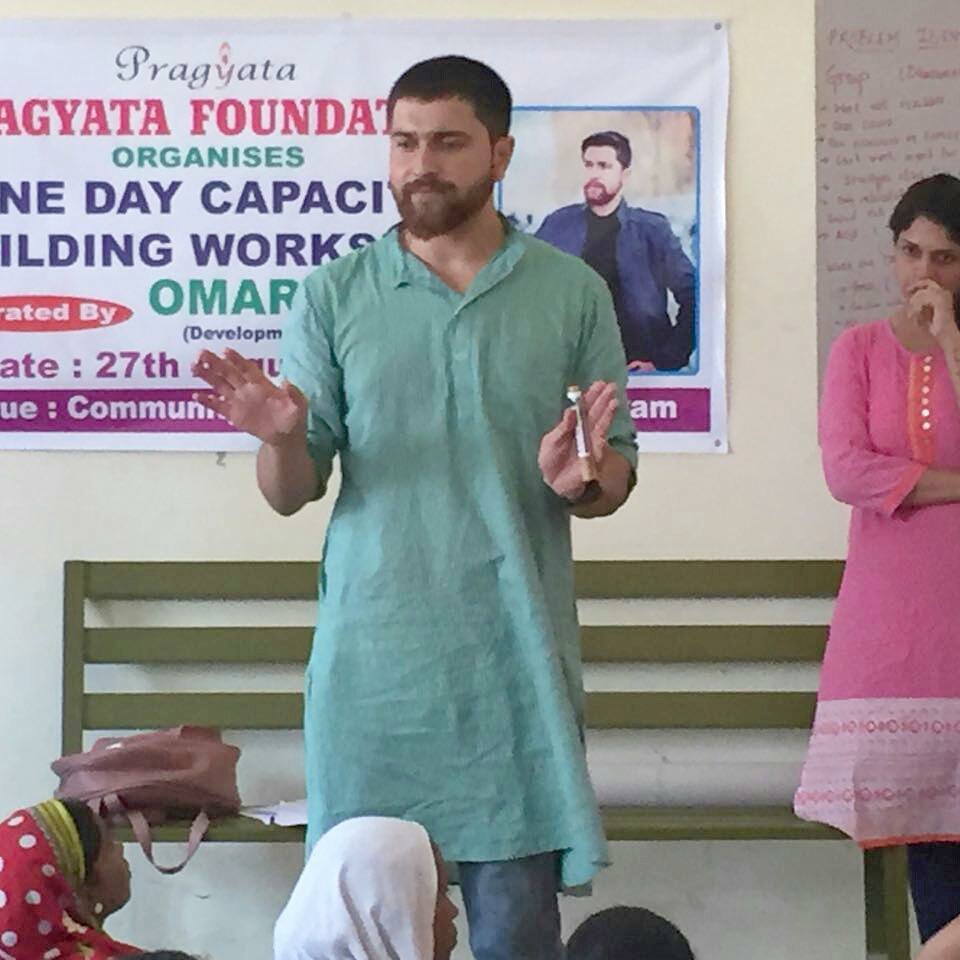
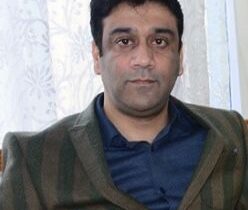
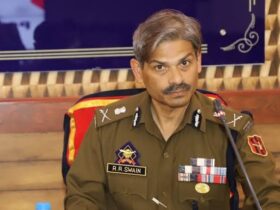
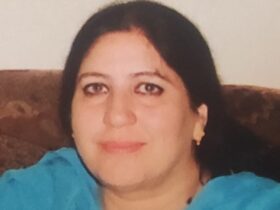

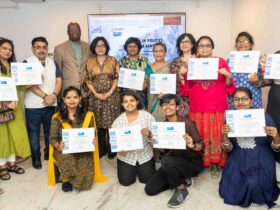
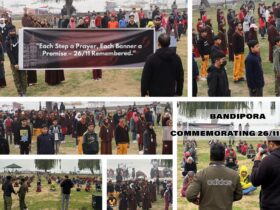

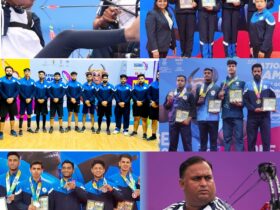
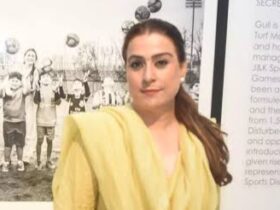

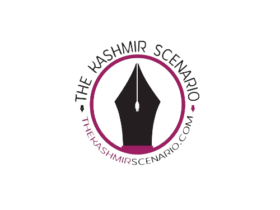
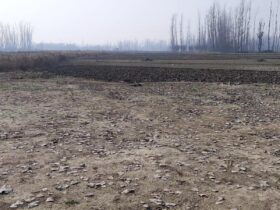
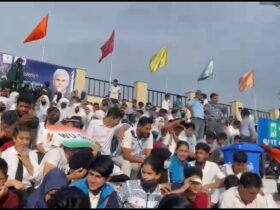

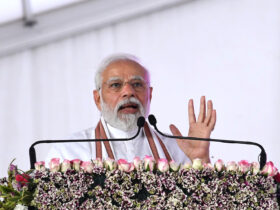
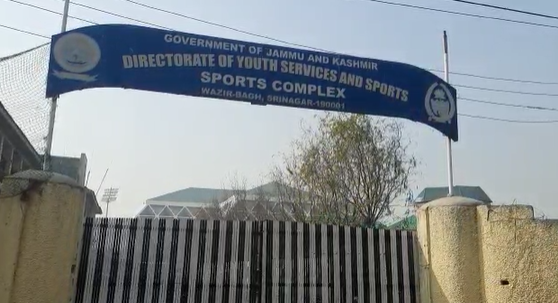
Leave a Reply